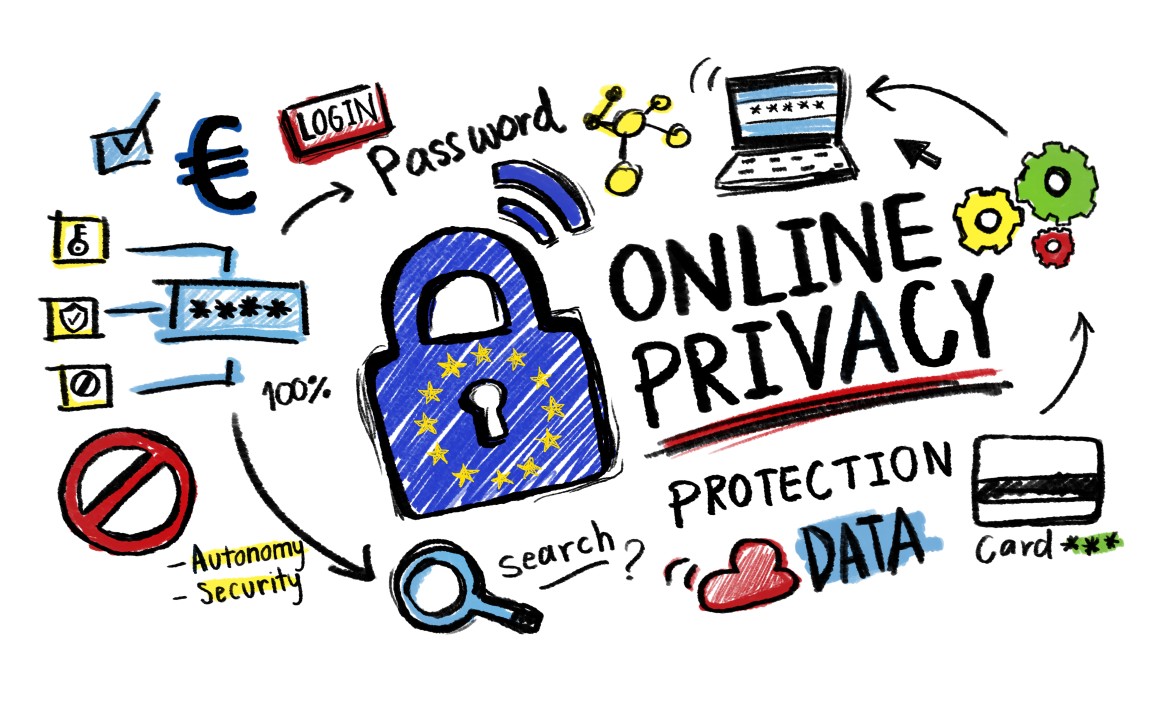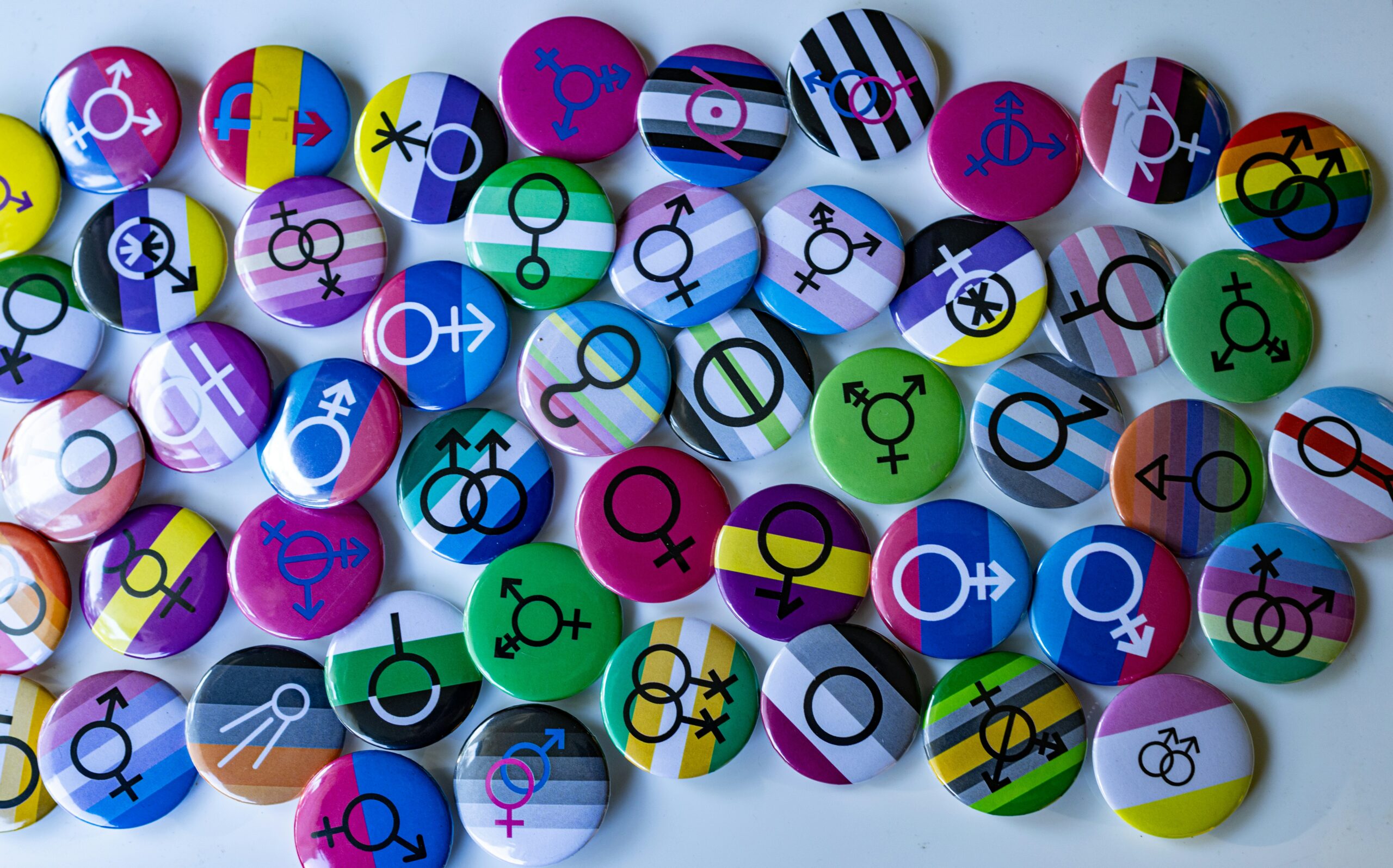Resources
Getting from NOT Knowing to Knowing
Have you ever wondered how you got to where you are in your life now? What are your personal or professional life accomplishments and how have you accumulated them all? Sometimes, life takes many twists and turns guiding us to our desirable destinations. And other times, life takes us to places where we would rather not visit for a long period – but yet – it is a mandatory visit. As you read this opinion piece, the hope is that if you ever wondered what is next in your life and you cannot foresee clarity – there is a process in getting from not knowing to knowing.
What is Not Knowing to Knowing?
When we are thrown into a crisis, we have the tendency to pause. Many times, that pause is longer than usual because we believe we can restart again. Worst of all, sometimes we just cannot come up with the answers to move forward. As this stage prolongs, we get comfortable with the narrative – I will never know what to do, ever! As we all know from the past 3 years, nothing can really prepare us for the crisis and its related ongoing uncertainties. During a crisis, some of us waited out with hopes or we coped with learning how to navigate differently and/or just did not know and then relied on beliefs it will be better. Then there are those who reach for better with no real definition of what is better. Whether those beliefs we hold are valid or reliable, it is more important to note how we react to a crisis depends on the type of crisis we are experiencing at the time. There are capital C-crises and then there are small C-crises. The commonality is that in both big or small Cs, it provokes uncertainties, worries, and then intensive questioning. Some believe that a crisis can be defined as a period of time in one’s life that the individual’s traditional ways of resolving problems are no longer effective in the situation. And because of the many attempts that individual has may to try to resolve the situation – the crisis persists over a period of time. During this turmoil, the individual begins to construct the self-narrative that is “I have tried everything to do to resolve it and I just don’t know”. “How can I know what to do when I am feeling so overwhelmed at the moment?” This identification of not knowing is more comfortable than getting to knowing. So then, what are the next steps to getting from “I don’t know to I do know what to do about it?”
Emotional Transitions?
Getting to knowing is understanding how to wish when you are feeling hopeless. Right now, things are not the best and to acknowledge them and wish for better may be a solution to get to that crystallization stage. It may be difficult, but allow yourself to wish through the problem. Yes, make a wish! Make many wishes and even allow yourself to dream. “I wish I felt safer.” “I wish I can be more secure.” “I wish I had the answer to XYZ.” “I wish I didn’t have to worry as much.” “I wish I could have clearer ideas of what I want to do with my life.” Just make a wish and let yourself think about it and write it out, or video record it to make an e-journal or even just sticky notes those wishes on your bedroom wall. And here is the secret sauce, as you are wishing and noting those wishes, also pay special attention to how you are feeling? Notice if your mood improves a bit – maybe – from 0.1 or 0.2 or 0.3 or even one entire 0.5 or 1.0 on a 1 to 10 – where that 10-end point is the very extreme positive end. Even if you only reach 0.1 or 0.2 higher then you have just done something. The emotion lift will serve as clues and energies to get from “I don’t know” to “I do know.” Take worth in that at least the knowing part is that you can make yourself feel a bit better during your crisis.
What Would It Be Like?
Now, take one small step where you shift over from wishing to wondering. This smaller step means not using your traditional problem-solving abilities and releasing your feelings to wondering about those wishes. I wonder if I contact X (a friend, a cousin, a neighbor, a former someone) can part of my wish come true? I wonder if that place I have been walking by every day and I was curious about what they can do for others – I wonder if they could answer some of my questions to give me some better ideas for my wish to eventually come true? I wonder if I replaced what if it is not going to work out with if what it did work out a little – what would I do with the information? Sometimes, moving from not knowing is readying ourselves with small pieces of resources. It is kind of like puzzle pieces, too many pieces can be overwhelming, but one piece of the puzzle at a time focusing on one part of the puzzle, that is an exploration rather than a series of tasks.
Big Questions. During ambiguity, people naturally form philosophical inquiries to explore the problem of their being. Sometimes there are no problems but just life stage transition issues. The existentialist queries are important but remember those answers are subjective with no rights or wrongs. It is almost like an opinion – they are matters of an opinion of another person’s opinions. Many existentialist questions will take a lifetime to answer for yourself. We must recognize that there are no clear answers but rather clues to help us think, feel and move forward differently. Instead of letting one question lead to another question and then it spirals down to multiple endless questions conjuring up a False Evidence Appearing as Real – that is FEAR. Let’s slow down, and prioritize our questions – as in which question is worthy of exploration for answers. One question you may want to ask is: “Have I gone through something similar before – how did I get myself out of it?” This method will give us healing space to reflect rather than over thinking. It is the analysis paralysis that is keeping us at that not knowing stage. Getting to know ourselves requires us to be thoughtful, emotional and active – not just self-doubts, worries and inaction.
Whether you believe you are undergoing a capital C crisis or small C crisis the bottom line is acknowledging that it is a transitional process – however long it may be for you – let yourself help you by reconnecting with your internal resources so that you can address the external world. The uniqueness of a crisis that people do not talk about are those moments of clarity. It is the hope that you may recognize those clear moments and use these strategies to get to knowing. Knowing how strong you have been and how innovative your strategies were during your last recovery will get you through to knowing.





